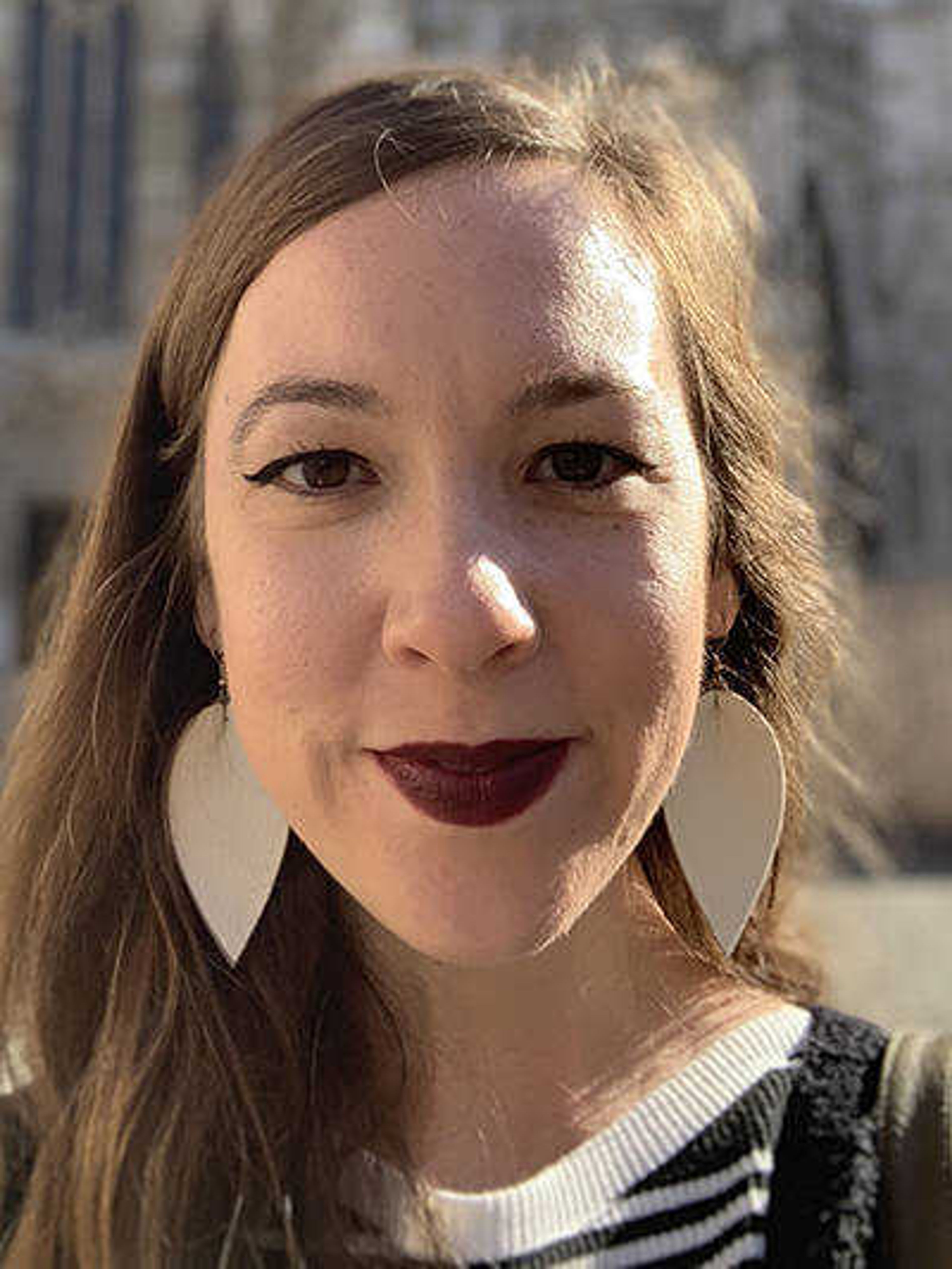I recently traveled to Lexington, Ky., with a group from Truman to present at a research conference. While there, I was struck by the way the attractions in the city encouraged excess, juxtaposed with the poverty in which some people live. 
The excess encouraged by consumerism was prevalent in nearly everything I did. I shopped at boutiques selling quirky gift items and expensive clothes. I ate three large meals a day, a lot of dessert and food that cost three times as much as it would cost to feed a family dinner. I attended horse races where I and others played with money when so many people in the world have none.
The evening after the races while my friends and I were waiting to get into a restaurant downtown, we experienced a different side of life when we met a man who was asking others for money. He asked us if we had a quarter we would be willing to give him, and told us that he hadn't eaten since breakfast the day before. Between his thumb and pointer finger he was holding three other quarters. It struck me as beautifully humble that he would ask for such a small amount of money. At the same time, it said a lot about people who are asked for money and how we teach those who ask that they are bothersome and not worth a larger amount.
As we talked with him, he told us he was a convicted felon and could not find a job because of this. I had never before thought about this facet of the system I am a part of actually affecting a real human being, never before thought that we are creating homelessness and keeping people in it. I had never before been faced with the pain this causes.
This coexistence of excess and deficiency doesn't just occur in Lexington; it's in every city, every town. Some people have a lot, some people have little to nothing. The beauty, glamour and attractiveness of the horse races, the clothes, the novelty things for sale that I experienced in Lexington -- and all of consumerism around the world -- cloaks the ugly truth: Our spending on excess ignores and takes from those who are cold, starving and without a home.
I am still having a difficult time understanding how these worlds of excess and poverty, these extremes that are people's realities, can coexist side-by-side. I am still wondering if the two can or should be reconciled, still thinking about how I am a part of this system, how I contribute to this demand for more, taking from people who don't have money.
We can't ignore the fact that so much disparity exists in our world, our country, our town. We need to stare this disparity in the face, make ourselves aware of it and the individuals it affects and all the ways that we are a part of it.
What is my role in closing this gap, in giving hope and showing others their utter human dignity? What is yours?  
Mia Pohlman is a Perryville, Mo., native studying at Truman State University. She loves performing, God and the color purple -- not necessarily in that order. 
Connect with the Southeast Missourian Newsroom:
For corrections to this story or other insights for the editor, click here. To submit a letter to the editor, click here. To learn about the Southeast Missourian’s AI Policy, click here.








